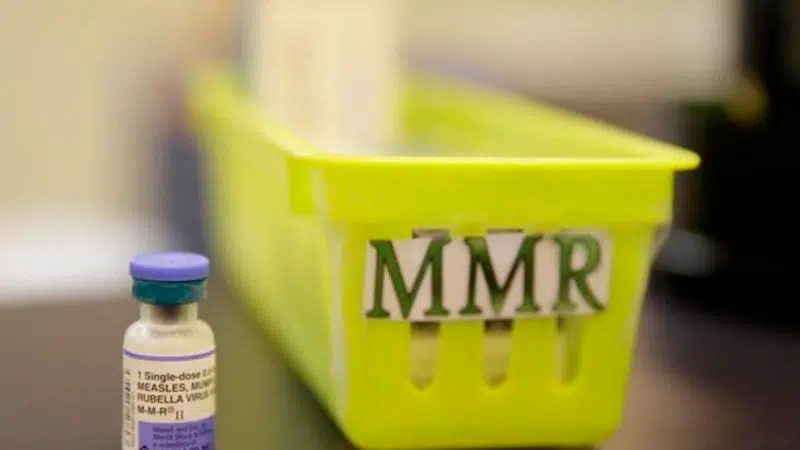
Make sure measles shots up to date, Public Health Agency says in wake of B.C. outbreak
TORONTO — Canada’s top doctor is urging Canadians who haven’t been vaccinated against measles to get their shots in the wake of a B.C. outbreak of the disease and the always present danger of cases being imported into the country by travellers.
Dr. Theresa Tam, Canada’s chief public health officer, said measles is a “serious and highly contagious disease” and that getting inoculated is the best way to avoid getting sick — and transmitting it to others who may be unprotected.
Tam’s comments Tuesday come in the wake of a cluster of nine cases of measles in Vancouver that began in recent weeks after an unvaccinated Canadian child contracted the disease on a family trip to Vietnam.


